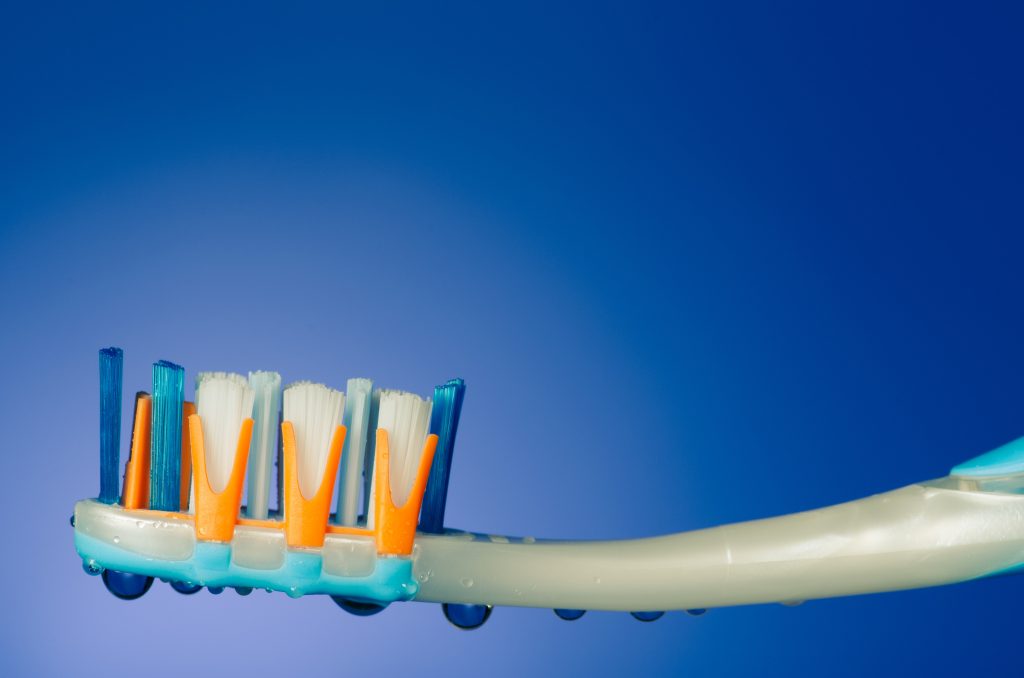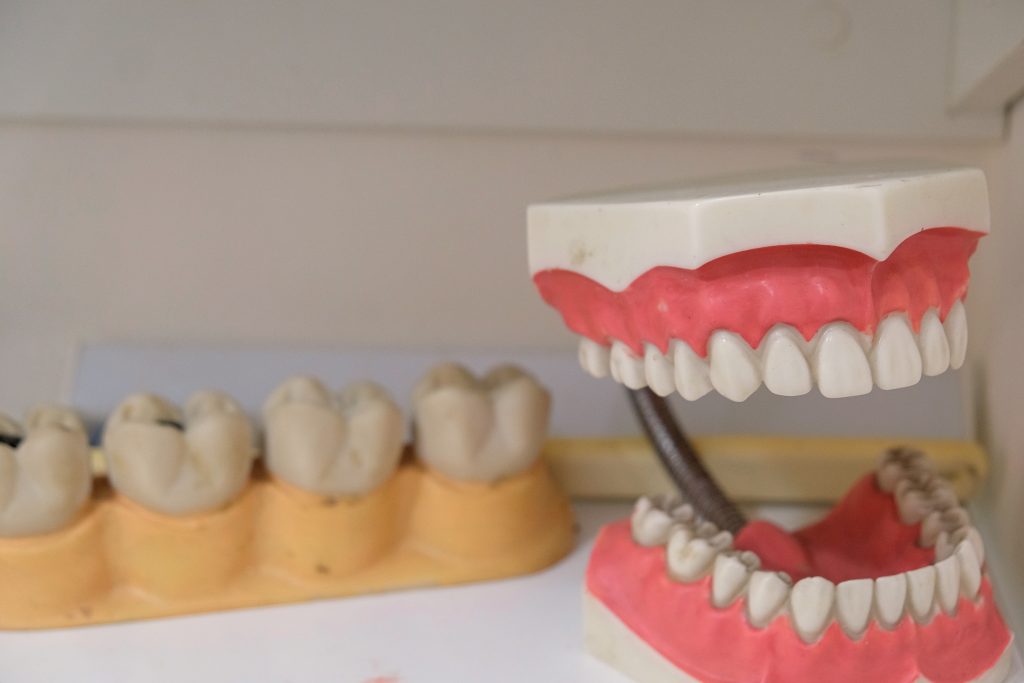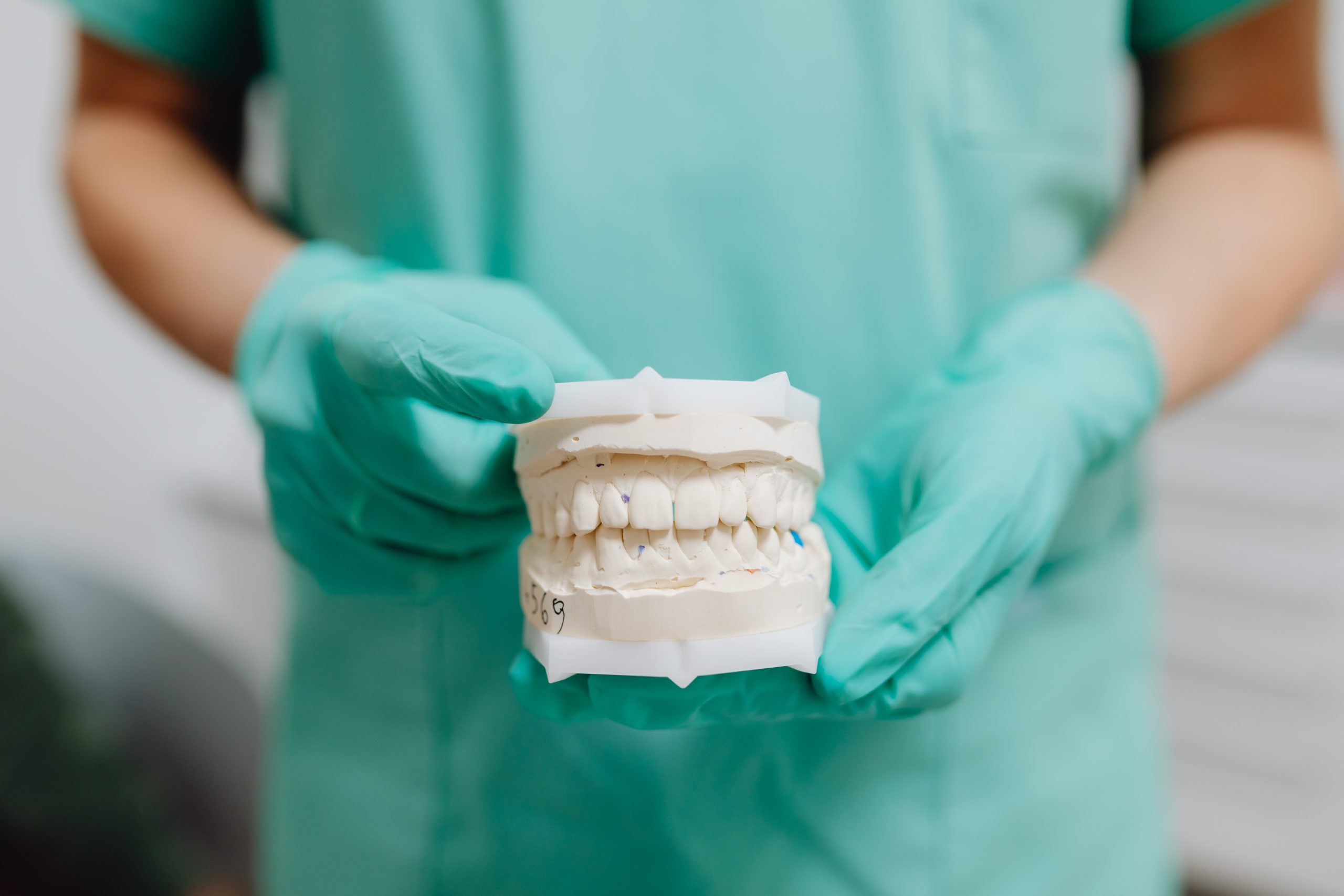Dentures are normally very tough. They can handle a lot of chewing for many years. However, even though it’s designed to withstand the test of time, it’s not immune to breakage, bacteria and germs.
So, you still need to take care of your fake teeth and clean it often.
Dentures bring back the ability to smile and chew properly for people who have lost their natural teeth. These removable replacements can be made from different materials, such as plastic, metal or ceramic.
If you have dentures, it is important to take care of them properly. Unlike dental implants, you can remove your dentures whenever you want. This means it’s easier to clean them but you do need to store them safely when they are not being worn.
It is also important to visit your dentist regularly to have your dentures checked and adjusted if necessary.
It’s important to take care of your fake teeth just like you would your natural teeth. Below are some tips on how to keep your dentures clean and healthy.
Caring for Fake Teeth: Tips on How to Make Dentures Last

Brush your fake teeth at least twice a day with a soft-bristled toothbrush. Brushing fake teeth helps remove plaque and bacteria that can cause bad breath, gum disease, and tooth decay.
Use a mild toothpaste or denture cleanser when brushing your fake teeth. Avoid using toothpaste with abrasive particles, as these can scratch the surface of your dentures.
Soak your fake teeth in a denture-soaking solution at least once a day. This will help to remove any food or plaque that has become stuck to the dentures.
Rinse your fake teeth thoroughly after eating. Food particles that are left on the dentures can cause bad breath and lead to tooth decay.
Visit your dentist regularly to have your dentures checked and cleaned. Your dentist can also make any necessary repairs or adjustments to your dentures.
Things to Avoid
- Don’t use hot water to soak your dentures, as this can cause them to warp.
- Avoid using mouthwashes that contain alcohol, as this can dry out your mouth and irritate your gums.
- Don’t chew on hard foods, such as ice or hard sweets, as this can damage your dentures.
- Don’t use sharp objects, such as toothpicks, to clean your dentures. This can scratch the surface of the dentures and make them more difficult to clean.
- Avoid using bleaching agents, such as bleach, to clean your dentures. These chemicals can damage the dentures and irritate your gums.
Caring for your dentures is important for both your oral health and your overall well-being. By following these tips, you can help to keep your dentures clean, healthy, and looking good.
Three Main Types of Dentures

Knowing the type of denture you have can help you determine how to best clean them based on the material they’re made of and their purpose. There are three main types of dentures: full dentures, partial dentures and implant-supported dentures.
Here are the main types of dentures.
Full Dentures
Full dentures are used to replace all of the natural teeth in the upper or lower jaw. They consist of artificial teeth set into a pink gum-like base. The base is made from a material called acrylic, which is a type of plastic.
Full dentures are held in place by suction and gravity. They can be tricky to keep in place, especially if you have a weak gag reflex or if you are very slim. Many people find that full dentures make their mouth feel dry and cause them to produce less saliva.
Partial Dentures
Partial dentures are used to replace one or more missing teeth. They consist of artificial teeth set into a pink gum-like base, just like full dentures. However, partial dentures also have metal clasps or frameworks that attach to the natural teeth.
Partial dentures are usually easier to keep in place than full dentures, as they are supported by natural teeth. They can also be less expensive to have made. However, they can be more difficult to keep clean and can damage the natural teeth if they are not fitted properly.
Implant-Supported Dentures
Implant-supported dentures are held in place by dental implants, which are small metal posts that are surgically implanted into the jawbone. Implant-supported dentures can be either full or partial dentures.
Implant-supported dentures are the most secure type of denture, as they are supported by dental implants. However, they are also the most expensive option and require surgery to place the implants.
If you have dentures, it is important to take care of them properly. Regardless of whether having dentures or not, maintaining good oral hygiene is important. It’s just a matter of knowing what dental care tips to apply for your present oral needs.
For dentures, this means cleaning them meticulously and storing them safely when they are not being worn. It is also important to visit your dentist regularly to have your dentures checked and adjusted if necessary.




